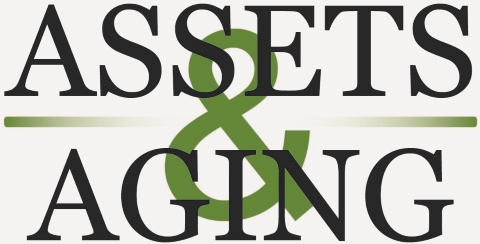In a recent article in the WSJ, written by Jason Zweig on 8/25/17, the author stated that there are 19 questions every person should ask of their stock broker or financial planner. I thought they were brilliant. The author has included answers in parentheses that he thinks are best.
- Are you always a fiduciary, and will you state that in writing? (Yes.)
- Does anybody else ever pay you to advise me and, if so, do you earn more to recommend certain products or services? (No.)
- Do you participate in any sales contests or award programs creating incentives to favor particular vendors? (No.)
- Will you itemize all your fees and expenses in writing? (Yes.)
- Are your fees negotiable? (Yes.)
- Will you consider charging by the hour or retainer instead of an annual fee based on my assets? (Yes.)
- Can you tell me about your conflicts of interest, orally and in writing? (Yes, and no adviser should deny having any conflicts.)
- Do you earn fees as adviser to a private fund or other investments that you may recommend to clients? (No.)
- Do you pay referral fees to generate new clients? (No.)
- Do you focus solely on investment management, or do you also advise on taxes, estates and retirement, budgeting and debt management, and insurance? (Here the best answer depends on your needs as a client.)
- Do you earn fees for referring clients to specialists like estate attorneys or insurance agents? (No.)
- What is your investment philosophy?
- Do you believe in technical analysis or market timing? (No.)
- Do you believe you can beat the market? (No.)
- How often do you trade? (As seldom as possible, ideally once or twice a year at most.)
- How do you report investment performance? (After all expenses, compared to an average of highly similar assets that includes dividends or interest income, over the short and long term.)
- Which professional credentials do you have, and what are their requirements? (Among the best are CFA [Chartered Financial Analyst], CPA [Certified Public Accountant] and CFP, which all require rigorous study, continuing education and adherence to high ethical standards. Many other financial certifications are marketing tools masquerading as fancy diplomas on an adviser’s wall.)
- After inflation, taxes and fees, what is a reasonable estimated return on my portfolio over the long term? (If I told you anything over 3% to 4% annually, I’d be either naive or deceptive.)
- Who manages your money? (I do, and I invest in the same assets I recommend to clients.)
This is a brilliant list. I have already sent it to my broker for answers. You should too. If you don’t get the answers you want, you’ll have an important choice to make.
I would like to add a couple more questions that also need to be asked. I think they are important.
- If I need long term care, how will what you have done protect my assets?
- Is my IRA protected if I need long term care, Medi-Cal or VA benefits? How?
- Will my successor trustee or agent under my power of attorney have FULL control over ALL of my accounts?
If, on any level, you have entrusted your financial well-being to the advice and expertise of professionals, it is critical that you know this information.
